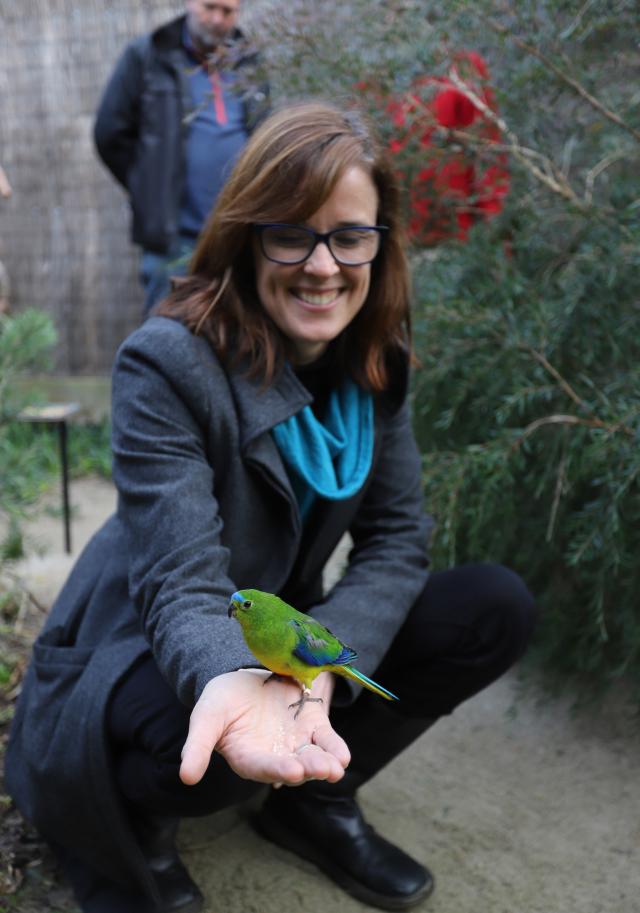
Australians concerned about the dramatic losses of mammals, birds and fish and the alarming replacement of native plants with introduced species can make valuable contributions to solutions by acting locally.
Evidence of dramatic ecosystem change accelerated by climate change and human impact described in the 2021 State of the Environment Report were labelled ‘shocking’ by Federal Environment Minister, Tanya Plibersek, as she released the report.
The findings included that the rate of mammal loss in Australia was the worst for any continent.
However, the Western Port Biosphere Reserve Foundation’s chief executive, Mel Barker, said rather than feeling overwhelmed by the scale of problems associated with climate change and biodiversity loss, people could think about how acting locally could enable them to protect the environment and endangered species for future generations.
“Community collaboration is a great enabler,” Ms Barker said.
“Recently we signed an agreement with the award-winning Moonlit Sanctuary at Pearcedale to collaborate on saving species and other environmental initiatives.
“It was based on our very positive participation over the past year in its team’s program to restore populations of the critically endangered Orange Bellied Parrot, which migrates between south-eastern Victoria and Tasmania.”
Ms Barker said the Biosphere Foundation was also pleased to receive funding in May from Regional Roads Victoria to evaluate the design and effectiveness of road crossings to protect the endangered Southern Brown Bandicoot and will work with community partners to deliver the project.
“We also have projects funded and ready to commence to support the restoration of native plants, creating corridors and habitat to optimise the biodiversity necessary to support our plants and animals,” Ms Barker said.
“We would encourage landholders throughout the Biosphere Reserve to consider future plantings of species native to the reserve.
Specialist native nurseries able to advise on selecting and growing these plants abound through the region, including one at Willum Warrain Aboriginal Association in Hastings.”
She said that the Western Port Biosphere Reserve, which includes the entire Mornington Peninsula, was substantially comprised of private holdings, which made the involvement of the whole of community a vital part of any strategy to help mitigate against climate change and biodiversity loss.






